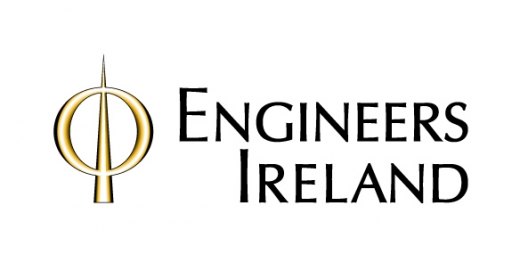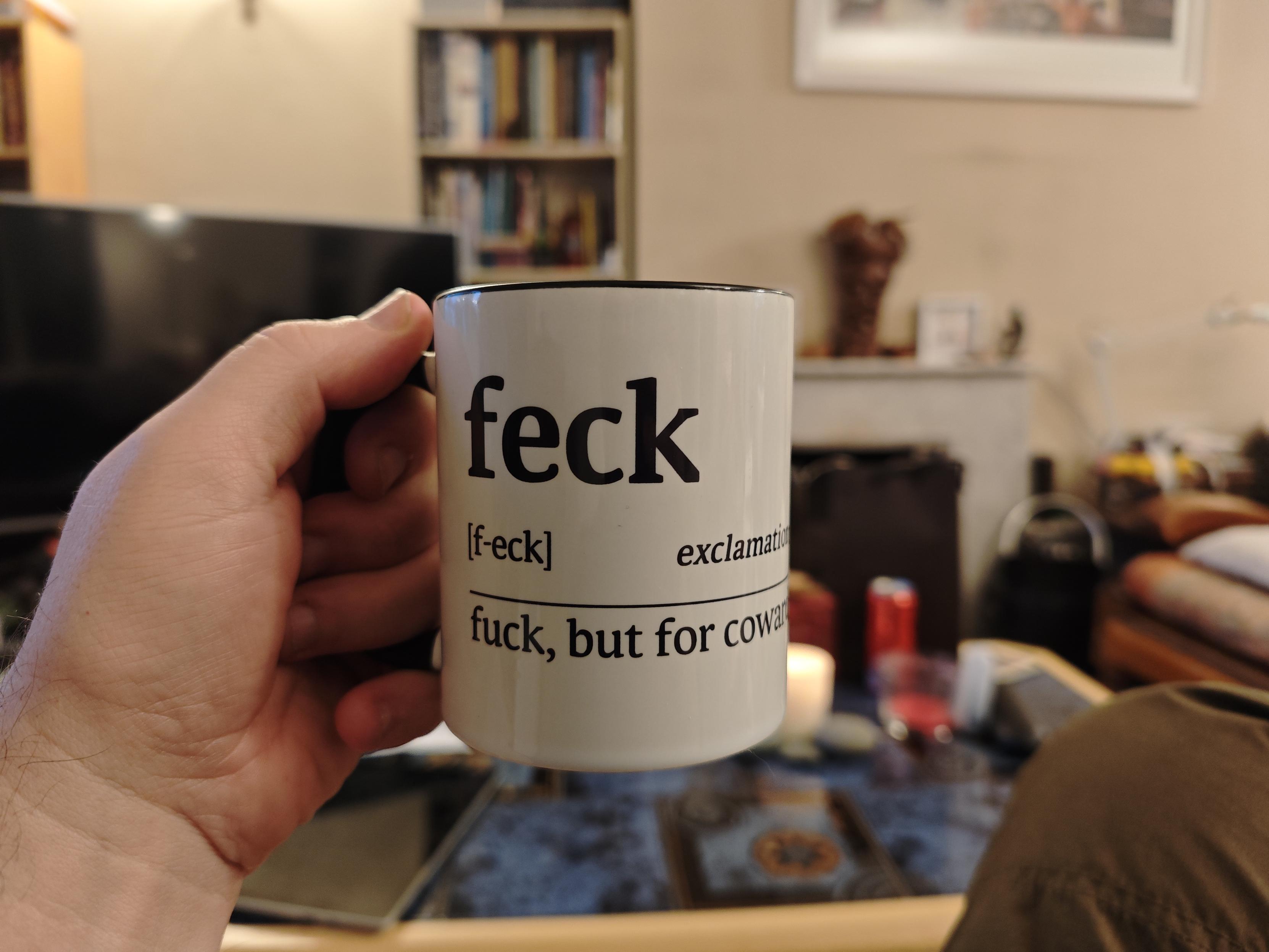 After a fair amount of pushing, I finally applied for the Chartered Engineer (C.Eng) certification from Engineers Ireland (or the IEI if you’re old) late last year, managing to land in the middle of the largest group of applicants in a decade thanks to a change in the law regarding civil engineering requirements and a change in how you apply for the C.Eng title.
After a fair amount of pushing, I finally applied for the Chartered Engineer (C.Eng) certification from Engineers Ireland (or the IEI if you’re old) late last year, managing to land in the middle of the largest group of applicants in a decade thanks to a change in the law regarding civil engineering requirements and a change in how you apply for the C.Eng title.
I mentioned the C.Eng a few years back on here, it’s not the most widely-recognised certification in the IT industry in Ireland (though abroad, it’s a different story as usual), it’s more common in the civil and mechanical engineering fields (though it’s not completely unheard of in IT anymore and the IEI is pushing it in that field). The basic idea is that it’s an accreditation from your peers in the industry to effectively say “yes, he knows the difference between gluteus maximus and distal humerus”. Or less facetiously, it’s saying that the holder has worked in industry long enough and with sufficient responsibility to prove they’re a safe pair of hands for a project. In that sense, it’s a nice thing to have in that it’s reassurance to non-engineers that you’re competent and to fellow engineers that you haven’t got the same year’s experience seventeen times over without ever progressing (there being a large conceptual gap between seventeen years of experience and seventeen years of working).
Qualifying is a little bit strenuous- and I’m simplifying here because they’ve just changed the format of the application process; for the full story read the regulations and the guidance notes and for the software world, the guidance notes for computer professionals, which is new and which I bloody well could have used at the start of all of this! Basically, it starts with you writing an EPR (Engineering Practice Report) which covers everything you’ve ever done professionally from graduation to application, specifically from the point of view of the IEI’s listed core engineering competencies (which aren’t technical competencies, but practice-oriented competencies). These boil down to (and I am seriously oversimplifying here): Knowing Stuff, Using The Stuff You Know, Running Stuff, Telling People Stuff, and Doing Good Stuff.
Okay, I think I turned the simplification dial up too high there 😀 The list I kept pinned to the wall while writing my EPR actually read:
- Knowledge and CPD
- Application of knowledge
- Leadership (Technical, Managerial, Commercial)
- Communications
- Professional Standards
You have to read the docs above to get a better idea of what those categories translate to in the real world; there are quite a lot of sub-categories as well and it’d take pages to explain them all. And for every role you’ve had since graduation, you’re explaining what you did and how what you did demonstrated your competency in those areas — yes, in detail, and yes, it’s all strictly confidential because of NDAs and the like, and no you can’t see my EPR (but the essays were based off this and this), and no, all paper copies get shredded so there’s no library of these things). It’s like writing a CV only on steroids and for most engineers it feels even worse (seriously, you feel like you work in marketing by the end of the process). Your EPR also lists off how much CPD (Continuing Professional Development, aka training) you’ve done for the last few years – down to each of the hours spent. And that level of detail is a bit hard to sort out in the IT world, where formal CPD is (in Ireland at least) bloody rare and hard to come by, if not a fast way to get your boss thinking you’re incompetent (seriously, I’ve worked in places where taking time off to go do a training course would have red-flagged you on your return because you’ve been to college, didn’t you learn all you needed there?). In fact in the IT world, even figuring out what counts as CPD is tough (and there’s quite a lot that counts oddly enough). That’s a big part of what your sponsor is meant to be helping you with, by the way – more than half the time I spent talking to mine was on that one point alone. Yes, you need a sponsor, and he or she has to be a chartered engineer themselves (actually you need two, but the second generally doesn’t coach).
You also have to write two short essays on topics in your industry, but those are fairly small potatoes compared to the actual work covered in the EPR and the effort of writing the EPR itself (although you can no longer choose your own topic for the second essay, there’s a list now being provided for each application date). Once that EPR is done, it gets signed and sent in to the IEI. It gets reviewed and if it’s up to scratch, you get a call in for a Professional Interview, which is a strange beast – an interview normally centers on showing a potential employer you’re competent with technical tests and that’s straightforward enough, but this one is being interviewed by peers to see if the way you do the technical stuff is up to snuff. It’s a bit meta and I found it quite hard to gauge. You give a ten-minute presentation at the start on how your career to date covers the competencies, and you can include things you’ve done since the EPR was sent in because sometimes, as with me, significant projects get completed in the interim – normally there’s a few months of a gap, but in my case there was nearly ten months of a gap; that’s what you get for landing in a large group of applicants. Ten minutes doesn’t sound like much – and it really, really isn’t. In the end I chose five specific examples, one per competency, and butchered the original draft of what I was going to say until I felt like I’d left out all the really neat stuff, and left it all get filled in by the questions and answers that fill the remainder of the hour (and the presentation was just over nine minutes in the end).
And once that’s done you wait to hear back. If you fail, they’ll give you a rough idea of why and a timeframe for reapplying. If not, you get details of the conferral ceremony.
And I got the email this morning saying congratulations, you’re now a Chartered Engineer. So I’ve had worse days.
